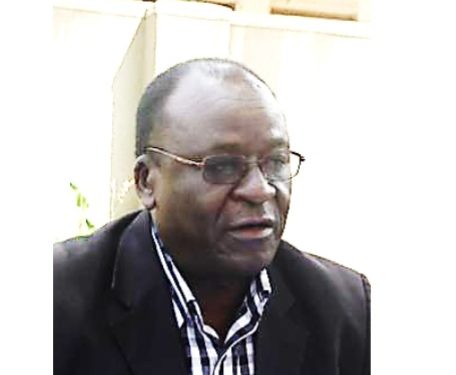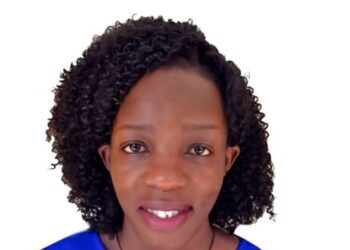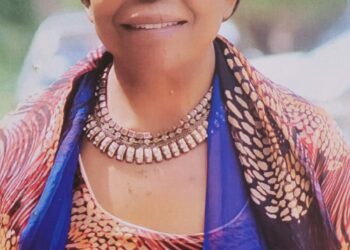World environment day 2021 observed under the theme “Ecosystem restoration” reminds us that human beings and the environment have got an inseparable symbiotic relationship. This is even well stated in the bible Genesis 1: 26-28 where God said … let them (people) have dominion over the sea, fowl, cattle, all over earth and creeping things. This means that survival of mankind is very much dependent on what God gave us to have dominion over and that it is our duty to take care of them and use them sustainably. Unfortunately we seem to have messed up and continuing to do so. Human activities are having a negative impact on ecosystems. In fact, according to various studies, human activities have caused ecosystems to change more rapidly than ever before during the last one hundred years.
Survival threats, rapid technological development and fast increasing population partly created a high demand for food, water, timber, and other materials. All these demands have highly contributed to deforestation in order to clear land for producing food, to improper use of wetlands and water bodies, to the loss of natural processes of plants regeneration, to the disappearance of useful insects and soils micro-organisms, to water pollution and silting from pesticides, plastics, chemical, soil erosion and animal waste, to soil over use due to intensive agriculture, over/unregulated fishing and huge biodiversity loss.
One of the key areas of focus of the Sustainable Development Goals (SDGs) is to protect the planet. The current human activities, necessary as some may be, are causing great harm to the planet which translates into disorganizing and disorienting the ecosystem. Uganda is a major culprit in destroying the ecosystem yet it is a signatory to the SDG protocol. The SDGs demand that action is taken with positive outcomes as per the targets realised. Natural forests are being erased at a very fast rate, wetlands are being reclaimed and vandalized while water bodies are being polluted culminating into severe weather and climatic changes. To be certain of living decently, it is important harmonize our relationship or interaction with the living organisms that we live with, in our environment. Uganda being a country in the tropics, we need without any reservations to find a suitable way of interacting with the living organisms like trees in the forests, plants, animals, reptiles, fish and other aquatic living organisms, insects and microorganisms.
Natural ecosystem provides a strong foundation on which human life derives its survival. We cannot have food to eat, water to drink and for other domestic use, a good and favorable environment, medicine, enough oxygen and other essential gases, shelter and habitats for wildlife if we do not respect the ecosystem. There is need to adapt agricultural techniques that are not harmful to the ecosystem to ensure that it is resilient.
On the occasion of the world environment day, when we are reminded about the importance of nature, Climate Action Network Uganda calls on all Ugandans to handle nature in a sensitive and conscious manner. The outcomes of “an annoyed nature” as a result of our irresponsible actions have proved disastrous. We have tested its wrath and its counter reactions like floods of lakes and rivers, high temperatures and landslides. Worst experiences are yet to come if we do not change.
CAN-Uganda calls upon you to cultivate best ways of co-existing with nature. Consider keeping forests alive with a strong condemnation of the actions taken to destroy Bugoma forest, stop irresponsible littering especially the single use plastics, stop polluting the lakes and rivers plastics, factory waste products and sewerage, stop misusing the wetlands and swamps, stop using dangerous chemical in farmlands and on plants, stop mining sand from the lakes unsustainably and stop experimenting war fare chemicals in Uganda’s water bodies.
John Mary Odoy
Board Chairperson CAN-Uganda and Climate Ambition champion CAN Uganda
Do you have a story in your community or an opinion to share with us: Email us at editorial@watchdoguganda.com













